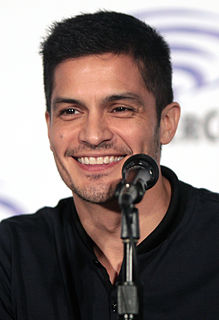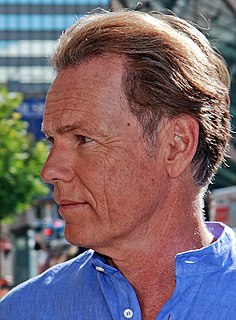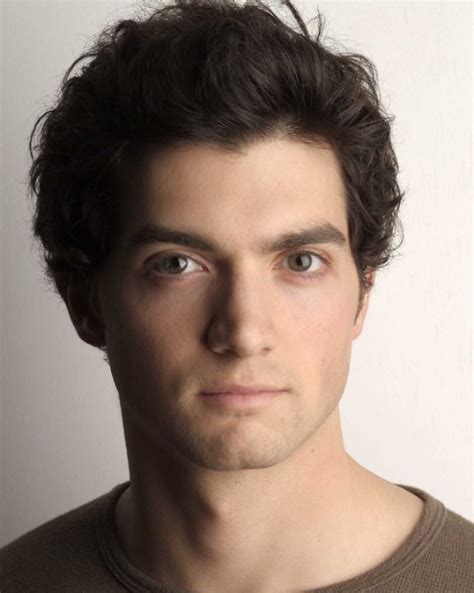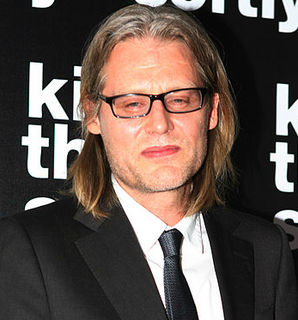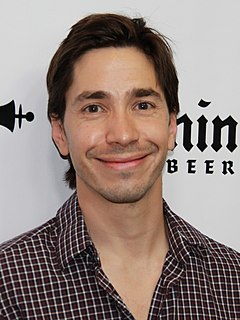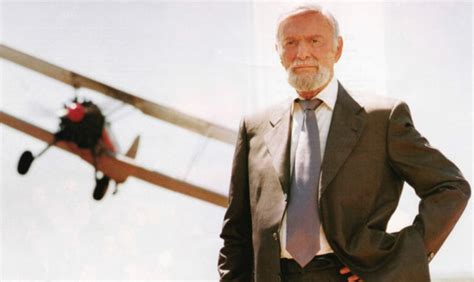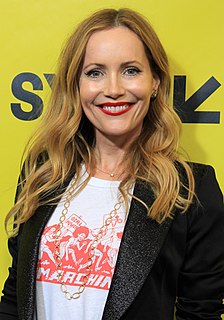A Quote by Nicholas Gonzalez
Actors don't request what scenes to be written in. That's just not how it works.
Related Quotes
We improv-ed scenes that didn't happen in the movie. We improv-ed the scenes that are written in the movie without the dialogue as written. We played around a lot to try and figure out just how we could flow with what was already written in the story and how we could highlight those imbalances and those points at which we came to loggerheads.
In the old days when I first was coming up, you would turn up on set in the morning with your coffee, script, and hangover and you would figure out what you were going to do with the day and how you were going to play the scenes. You would rehearse and then invite the crew in to watch the actors go through the scenes. The actors would go away to makeup and costume and the director and the DP would work out how they were going to cover what the actors had just done.
When you make the film, it's like a chef who works on the meal. After you're working all day in the kitchen and dicing and cutting and putting the sauces on, you don't want to eat it. That's how I always feel about the films. I work on it for a year. I've written it, I've worked with the actors, I've edited, put the music in. I just never want to see it again.
Every film you work on is different, and that's part of what it's like for anybody who works on a film, is to learn how to work with others. Learn from top to bottom. Actors have to learn how to work with the director and the director has to learn how to work with actors, and that's not just those two departments.
Pictures are written, acted, directed, photographed, edited, scored and all that. The screenwriter determines what scenes are in and what scenes are out; decides whether that bit of information is dramatized or just referred to; whether it takes place on or off screen. There are millions of decisions made by the screenwriter.
Please do as I requested, only if you can do so with the joy of a little child feeding a hungry duck. Please do not do as I request if there is any taint of fear of punishment if you don't. Please do not do as I request to buy my love, that, is hoping that I will love you more if you do. Please do not do as I request if you will feel guilty if you don't. Please do not do as I request if you will feel shameful. And certainly do not do as I request out of any sense of duty or obligation.
I think that what's important as a director is to give your actors the feeling that they're protected, the feeling of confidence, the feeling that if they make mistakes, then as a director, you'll know how to help them. If you're able to convey that, then the actors will give you wonderful performances. As well as the author, you have to write scenes that give the actors the opportunity to show what they're capable of.
Some people manage their writing by saying, 'I need to get 2,000 words written today,' others by saying, 'I will write for X hours.' Not me. I start with a plan for the book, break it down into scenes, and I know what scenes need to get written each day. If the scene takes more words than I thought, so be it.
